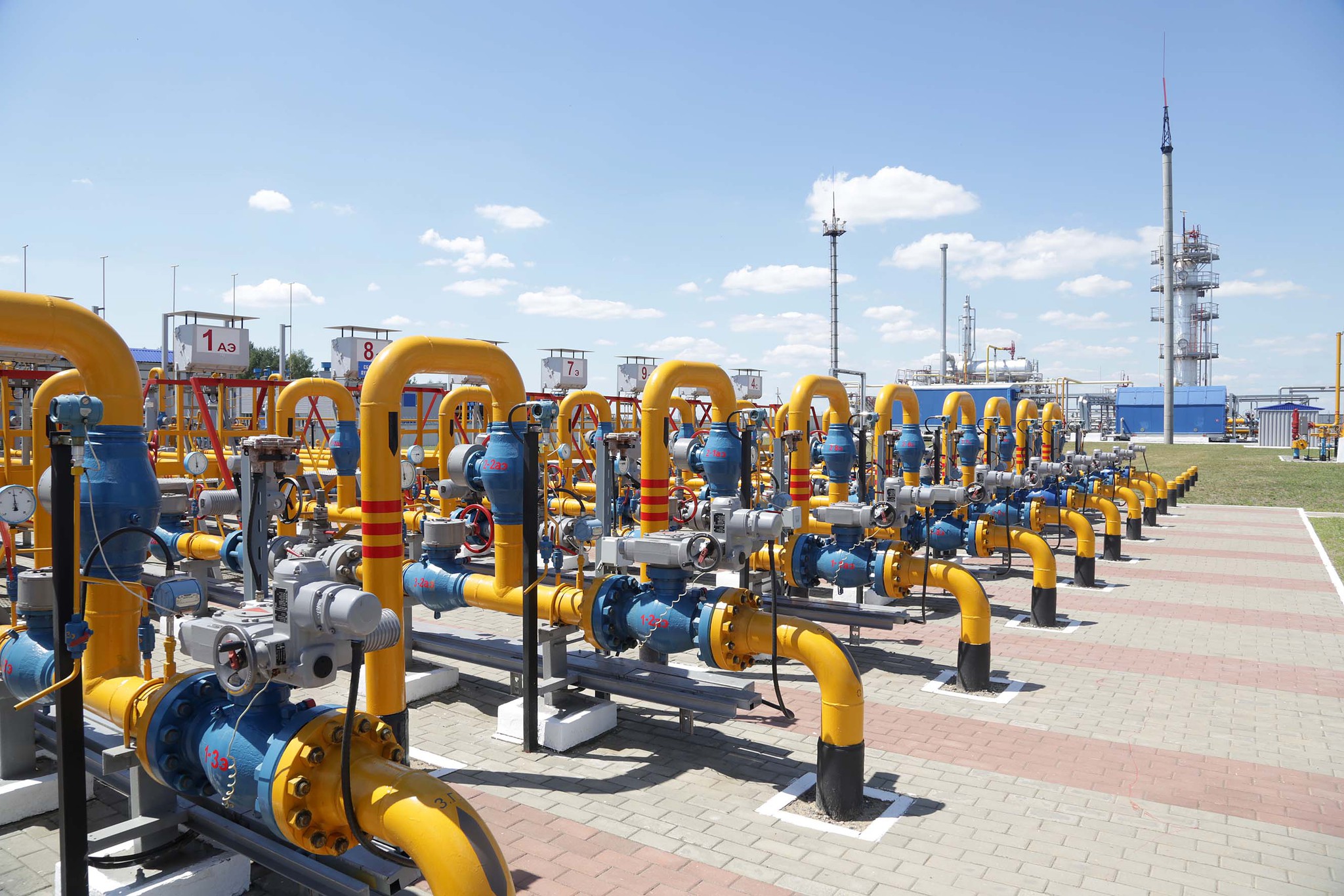The authorities’ economic policy weakens Belarus’ positions in talks with Russia
 The situation got worse
The situation got worse

Three factors of the state economic policies virtually exclude any significant achievements for Belarus in bilateral talks with Russia on the terms of cooperation and devalue arguments of the Belarusian negotiating team. These include increasing production costs, administrative restrictions on management efficiency at state-owned enterprises, and Interior Ministry interferences with the economic policy.
The Belarusian negotiating team’s successes in talks with Russia largely depend on the resilience of the economy to external challenges and on the competitiveness of Belarusian products on the Russian market. The economic authorities, having insisted on the termination of the unreasonable money issue, failed to achieve a reduction in costs. As a result, energy consumption in almost all economic sectors has been growing since 2016. Moreover, the consumption and, accordingly, the demand for energy resources from Russia is growing at a higher pace than the growth in production and services.
Administrative restrictions on management at state-owned enterprises, threatening any effective choice (supplier, sales market, product type) with liability and setting target growth indicators regardless of costs, create additional incentives to increase costs. In addition, the growing interference by controlling and law enforcing bodies with the economy boosts growth in production costs.
Ultimately, such an economic policy leads to the reduced competitiveness of Belarusian products and increased energy dependence, forcing Belarusian negotiators to make unjustified assumptions about the outcomes of talks with Russia. Meanwhile, Russia, which is well aware of Belarus’ growing energy and sales markets dependence, considers it possible to devalue Belarus’ importance in the transit of Russian energy resources.
Subscribe to our newsletter




Situation in Belarus
Constitutional referendum: main consequences


 Video
Video
How to count the political prisoners: are the new criteria needed?


 Video
Video
Paternalism In Decline, Belarusian Euroscepticism, And The Influence Of Russia


 Video
Video












